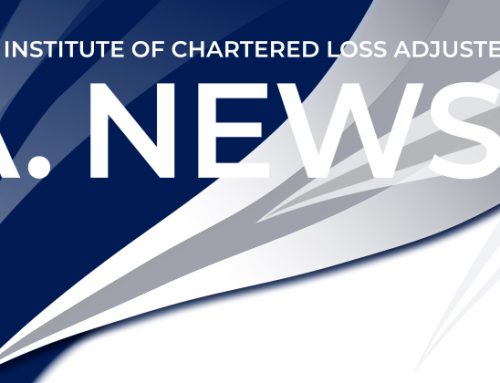Dear Member,
We recently held an AICLA board meeting in Brisbane. These are an important, if boring to an outsider, part of the life of any organisation; setting policy and ensuring that the direction of the organisation is on the right path. Part of the day is the report back to the board of the activities of individual divisions.
AICLA as an Australasian organisation holds several highprofile events every year, including the Asian Claims Convention and the Sydney Claims Convention (held jointly with ANZIIF). However, much of the activity of AICLA is actually organised at division level.
It is a credit to the profession that there are so many people that are prepared to give their time to attend division council meetings and to organise division activities. I haven’t counted them, but there are probably close to 50 people who serve on division councils. These people receive no direct reward and do not achieve national prominence or invitations to conferences in Sydney and Asia. They are working entirely for the benefit of local loss adjusters to enhance the profession in their areas.
A sample of the activities includes:
- The Queensland division luncheon, attended by over 130 people from across the insurance industry. In addition, Queensland holds regular breakfast seminars on a variety of topics.
- The International division has been holding two day workshops, assisted by the International Development Director (Jaye Kumar), in various countries through Asia and the Middle East.
- The New Zealand division holds an annual one-day educational conference and dinner.
- Victoria is holding its annual dinner and awards night next month, with approximately 300 attendees expected – a huge turnout for an industry event.
- New South Wales, South Australia, West Australia and Tasmania also have a range of specific member-focused events covering both educational and social activities.
All of these activities are self-funding and would not be possible without the efforts of the dozens of unpaid volunteers whose only interest is in the advancement of the profession and the education of both members and the wider industry. It is appropriate to acknowledge the hard work, often for many years, of these individuals.
On other fronts, the board reviewed the on-going discussions with ANZIIF and the consensus was that we are heading in the right direction with our educational programme and the introduction of the skills units. We also discussed the issue of mutual recognition of qualifications.
As previously mentioned, adjusters move around the world and at present a Chartered Loss Adjuster from the UK has no standing in AICLA and vice versa. This cannot be a satisfactory situation, where two respected bodies (AICLA and CILA) with well-developed education programmes do not recognise each other. There are two different parts to this – one is recognition of membership qualifications, and the other is recognition of exams. The first is easier, we can each choose, for example, to accept that a Chartered Loss Adjuster of one can become the equivalent in the other body. The second is harder as it involves aligning the underlying teachings in each unit to determine what is equivalent.
We continue to work with CILA to see whether there can be mutual recognition of both membership and education. If this is successful, then this will be a major advance in the globalisation of loss adjusting.




